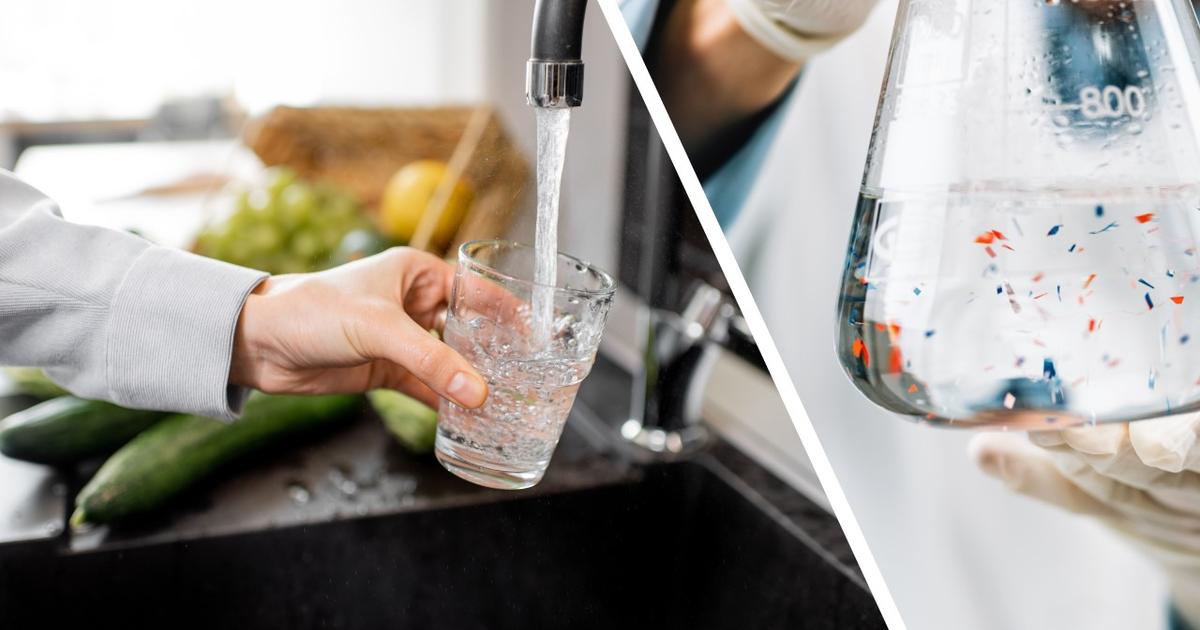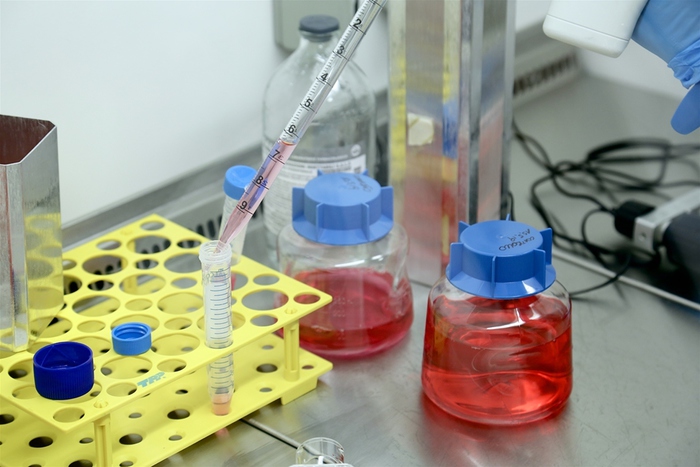A worrying study by Greenpeace shows how heavily cosmetic products are contaminated with plastic.
Although there is a voluntary commitment among companies to refrain from using plastic.
Berlin - According to Greenpeace, three quarters of cosmetic products contain plastic, even though there is a voluntary commitment by manufacturers to refrain from using plastic.
According to its own information, the environmental organization tested 664 products from eleven different international brands and found residues of solid plastic particles (microplastics) and plastic in liquid, semi-solid or soluble form in 502 of them.
Greenpeace spoke of "alarming" results.
Greenpeace study: cosmetics from brands like Maybelline full of plastic
The environmental organization scrutinized powders, lipsticks and eye make-up from brands such as L'Oréal, Maybelline and Lush.
The manufacturer's information was checked on over 500 types of plastic.
"The companies often only avoid the solid plastic particles and then advertise their products effectively as microplastic-free", explained Greenpeace.
That borders on “consumer deception”.
"The results show that plastic ingredients are often contained in products that come into contact with sensitive body parts such as eyes and lips and can thus be inhaled or swallowed by consumers," the report says.
The plastics serve, among other things, as an abrasive for the so-called peeling effect or give a product "shine and consistency", as the environmental organization explained.
According to Greenpeace, plastic was found most frequently in eye make-up, lipsticks and lip gloss, as well as in make-up.
The environmentalists criticized that the federal government continues to rely on a "voluntary commitment by companies instead of a clear ban on microplastics in cosmetics".
Plastic in make-up: a clear demand from Greenpeace to politicians
Federal Environment Minister Svenja Schulze (SPD) must therefore “promote a clear ban on plastic of any consistency in cosmetics - at the German and EU level”, demanded Greenpeace.
However, only a ban on solid microplastics in cosmetic products is currently being negotiated there.
The IKW body care and detergent industry association, however, refers to several studies according to which damage to health from microplastics has not been proven.
The Federal Institute for Risk Assessment (BfR) also considers it unlikely that there is a health risk from absorption through the skin or accidental ingestion of microplastics.
Since the particles are much larger than a micrometer, it can be assumed that they will not penetrate the skin or mucous membranes and that swallowed parts will be excreted.
However, more research is needed on microplastics.
The marketing strategy of cheap meat at discounters and supermarkets is upsetting Greenpeace.
Now the organization starts an action.
(afp / dpa)








